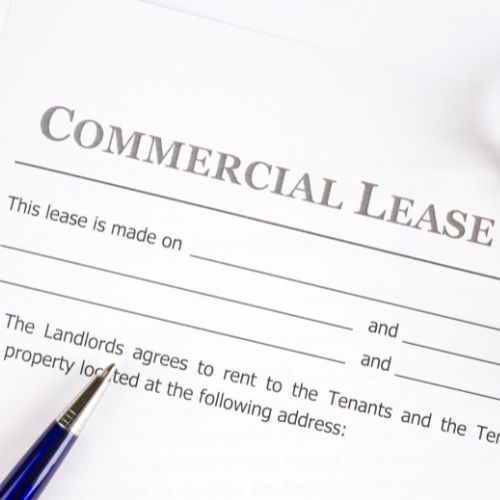A break clause in a commercial
lease allows either a Tenant or a Landlord to terminate a lease early i.e..
before expiry of the Term. Whilst tenant-only break clauses are more common in
commercial leases in this jurisdiction, some leases allow for both the Landlord
and the Tenant to break the lease. The break clause will usually specify a date
(or dates, if there is there is more than one break option) (“the Break Date”)
that the party may terminate the lease. The break clause should also set out
how the break option can be exercised and should be by way of written notice
from one party (e.g. The Tenant) to the other party (e.g. The Landlord);
informing them that they are going to terminate the lease on the Break Date, as
specified by the lease.
A break clause is an important
agreed commercial provision of a lease and can often prove valuable to the
party benefitting from the break option. Business needs change over the years
(particularly in the current economic and political climate) and a Tenant may
need to terminate their lease early. It is therefore vital that break options
in commercial leases are carefully drafted. When commercial terms of the lease
are being negotiated, a Tenant should take steps to ensure that exercise of the
break option is unconditional – in other words, the Tenant does not have comply
with conditions in order to exercise their break option. Conversely, a Landlord
may want to protect themselves by imposing certain conditions required before
the break option can be exercised. Typical conditions to exercise a break
clause include ensuring the rent and other payments such as service charge and
insurance rent are up to date and there has been no breach of tenant covenants.
If any conditions attached to the break option must be strictly performed, then
Tenants could potentially lose their right to break because of a trivial breach
of covenant.
Another consideration to bear in
mind is if a Tenant has paid any rent or other sums due in advance (for
example, rent is often paid in quarterly payments) then the Tenant should be
refunded a proportionate amount of rent and other sums paid for the period
falling after the break date, up until the next payment date. Again, a thorough
solicitor acting for the Tenant should ensure wording to this effect is
included in the lease.
Ultimately, if a Tenant is being offered or has negotiated a break option, it is prudent to have this set out as an ‘unconditional break option’ at the heads of terms stage, to avoid any ambiguity or uncertainty when the Landlord’s solicitor and Tenant’s solicitor negotiate the drafting of the lease. Similarly, if the Landlord requires the break option to be conditional, then the conditions should be set out in the heads of terms.

